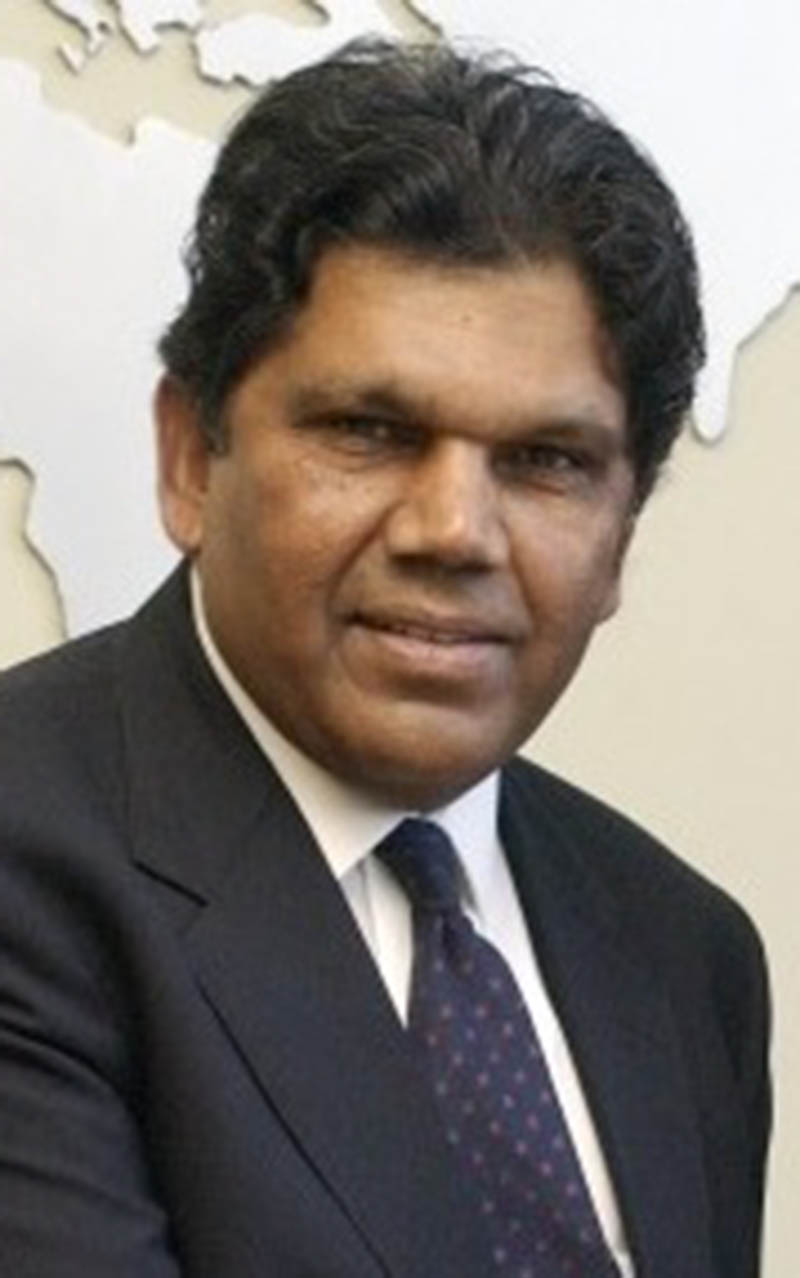Addressing the problem of national identity in multi-ethnic Nigeria, Prof. Marcel Onyibor relied on the existentialist principle of ‘inter-subjectivity predicated on some tested democratic values such as rule of law, justice, equality, fairness and freedom’ (Open Journal of Philosophy, 2016). It is an interesting approach and we shall here endeavour to see whether it can help us trace some defining features of the Guyanese identity.
First, a few words on existentialist philosophy. Existentialists start out with a description of the self as an ‘existing individual’ seeking to achieve the richest and most fulfilling life in the modern world. Jean Paul Sartre, leading philosopher of existentialism, argued that ‘existence precedes essence’.
Existentialists hold that is it up to each one of us to decide who and what we are through our own actions. It is up to each of us to define our own identity or essential characteristics in the course of living out our own lives. Thus, our essence, or our set of defining traits, is chosen, not given
Existentialism holds that people decide their own fates and are responsible for what they make of their lives. Existentialists are concerned with identifying the most authentic and fulfilling way of life possible for individuals. To become authentic, according to this view, an individual must take over her or his own existence with clarity and intensity. (Routledge Encyclopaedia of Philosophy).
In Guyana, our people have existed, exist, and will exist in the future: Indigenous people for millennia; African slaves and their descendants for centuries; Indian, Chinese, and Portuguese indentured migrants and their descendants for centuries; and people of mixed heritage from the outset. Existence defines, our essence. What is crucial is not where we came from – and with what attributes, but who we are: in the here and now. Existence will define our essence in the future.
Rene Descartes, the pioneering French philosopher famously wrote: “I think, therefore I am”. For us, in Guyana, we can adapt this to “I exist, therefore I am; We exist, therefore we are.” Existence defines our identity. From this perspective, we offer below an initial statement of the essence of the Guyanese identity.
First, Guyanese believe in respect for everyone and in the human dignity, rights, and equality of every person. We are strong believers in doing the right thing and in setting good examples for our children and for others. We strive for courtesy and good manners
Second, we are a hard-working people. We are used to working hard for a living, especially our parents. Even in today’s Guyana the great majority of the people still live in extreme poverty. Poverty induces humility, hard work, and an appreciation of opportunities to make a living.
Third, we are God-fearing people. Our people practice beliefs grounded in, alphabetically, Bahai-ism, Buddhism Christianity, Hinduism, Islam, Traditional and other beliefs and practices. We have a tradition of tolerance towards the beliefs and practices of our fellow-Guyanese.
Fourth, we have all experienced the ravages and legacies of colonialism, exploitation, and inequality, whether we are the descendants of indigenous people, slaves, or indentured people. We have had to struggle for our rights. Our leaders had to struggle for independence, for decent living and working conditions, and for respect for the dignity and rights of every person. It was a hard struggle.
Fifth, we believe in democracy. Ever since universal adult suffrage was introduced in 1953, we have gone to the polls to choose our government – even if, at times, the polls were rigged. Poll-rigging and a rigged referendum only reinforced our belief in democracy.
Sixth, we are champions of the rule of law nationally, regionally and internationally. There have been challenges to the rule of law at times, as when a former Government advocated ‘paramountcy’ of its ruling party and flew its flag over the Supreme Court. But the Courts have, by and large, maintained their independence. We go to the Courts to defend our rights. We have developed a solid Guyanese jurisprudence led by our apex courts, the Guyana Court of Appeal and the Caribbean Court of Justice.
Seventh, our culture includes strands that are indigenous, African, Asian, Caribbean, European and Latin. We love music of all kinds, African, Asian, Caribbean, Euro-American and Latin. We revel in calypsos and in chutney music. We are people of the sun and are inspired by Harry Belafonte’s “Oh Island in the Sun.” We are all equally inspired by Mohammed Rafi’s “Sohani Raat”, which is like a cultural anthem to us all, regardless of ethnicity. We all take to the floor when we listen to the Mighty Sparrow or to Sonny Man’s “Lotay lal.”
Eighth, our food is a mixture of Amerindian, African, Asian, and Caribbean: Pepperpot comes to us from our Amerindian people. We all love Foo-Foo, Roti, Curry, fried salt-fish and such delicacies.
Ninth, as a society we believe in the equality of women and we strive for respect of our women-folk. We have had an elected female President as well as Vice-Presidents. Our culture is one of respect for women – even if we have problems to overcome in this area.
Tenth, our children are our pride and joy, invariably courteous and mannerly. We believe in educating our children – and ourselves.
Eleventh, we are a nation blessed by our poets, musicians, and artistic people. The art and music of Guyana inspires us all.
Twelfth, we believe in the fundamental human rights of every person. This is the creed that will unite us in the long term. We believe, in the stirring words of the Universal Declaration of Human Rights, that all human beings are born free and equal in dignity and rights. They are endowed with reason and culture and should act towards one another in a spirit of brotherhood and sisterhood.
All of the foregoing precepts have been shaped by our existence and our experience. Our existence thus defines our essence.






